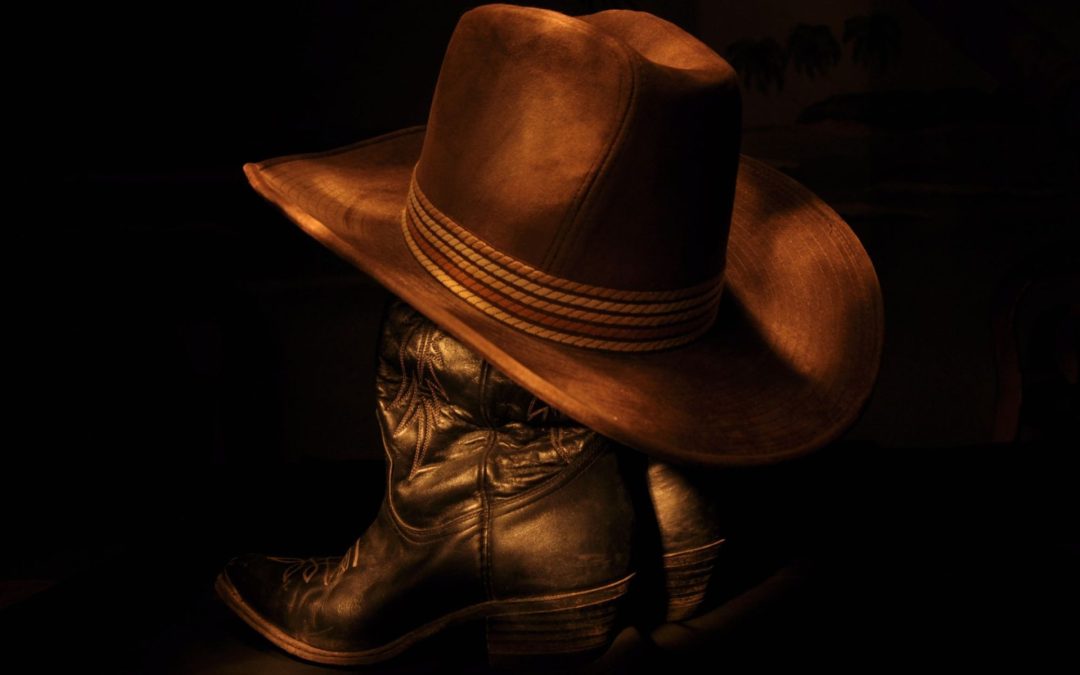Please, don’t let him sit next to me!
I don’t want him sitting next to me! My brain screams danger—he’s strange. If he sits next to me, I won’t be able to go to the bathroom for the entire trip. I’d never dare ask him to let me pass. Every time I get on the train and the seat beside me is empty, I anxiously watch the entrance of the car to see how many more people are coming in, searching for a seat. And there he is. A strange man enters. He’s wearing a leather hat, jeans, and boots. He looks odd—kind of like a cowboy. I can’t see his eyes. Around his neck are chains and trinkets. I watch as he gets closer, his eyes scanning the rows of seats, searching for an open spot. He reaches my row and asks, “Is this seat free?” He has an accent—English, I think.
I lower my eyes and mutter a weak, hesitant “yes.” My God, this trip is going to be hell! He places his bundle in the overhead luggage rack. Then he sits down, struggling to find space for his long legs. He’s not old—maybe in his forties. I feel vulnerable. I hate these trips.
I have all kinds of little strategies to block out the noise of children crying or people chatting—anything to isolate myself. I have my knitting to pass the time. I have my Walkman (bless my grandmother forever for thinking to give me this machine to isolate myself with music). I have my sullen, grumpy look. And if necessary, my English is good enough to pretend I don’t speak French. But this time, that strategy won’t work, and I wonder if the others will be enough.
For the umpteenth time, I’m taking the Paris-to-Nîmes route on the TGV, alone. My father had just dropped me off on the train, reminding me once again not to talk to strangers. Easy for him to say! He’s not the one stuck sitting next to a strange cowboy with long legs!
All because my mother is a literature professor and my father is a theater actor. Something about those two professions must create an ego incompatibility, because I was born 13 years ago, and for the past several years, I’ve spent every vacation shuttling back and forth between them.
To keep busy, I take out my knitting. I tuck one needle under my right arm and begin counting stitches, but my mind and body remain tense, attuned to the presence of the stranger. What should I do if he turns out to be shady or dangerous? His appearance certainly doesn’t inspire trust.
In a futile attempt to feel more protected, I decide to take out my Walkman, hoping the batteries will last long enough. My hands tremble slightly, and I fumble, dropping the headphones onto his seat. Disaster!
The cowboy picks them up, hands them back to me, and then speaks.
“Hello, my name’s Mike. Are you traveling alone?”
I lift my head to look at him. He’s taken off his hat, and now I can see his eyes. They’re an unreal, translucent blue. Smile lines frame his face, hinting at his life and experiences. His expression is gentle, curious, and friendly. Maybe he’s not so dangerous after all.
“Yes,” I reply.
“It’s good that you’re cautious,” he says, “but you don’t have to worry about me.”
This time, I study him openly. He smiles, and I wonder if that’s exactly what predators say to children. Yet, now that I’ve seen him, heard his voice, and learned his name, something tells me I might not have much to fear from him.
He speaks again. “You’re, what, 12 or 13? Traveling alone? That must be stressful for you…”
“Yes,” I answer. “I’m going back to my mom. She’ll be waiting for me at the station.”
Two birds with one stone. I keep the conversation going while subtly letting him know I’m not completely unprotected by my parents.
And then something unexpected happens: the conversation flows naturally. He asks me what I like to do besides knitting. I tell him I’m passionate about biology, that nothing fascinates me more than understanding how the world works.
That’s when I discover he’s a scientist. He explains that he teaches at a university. We talk about everything—animals, the planet, evolution.
At one point, he looks at me intently. His gaze makes me uncomfortable with its intensity. Finally, he says, “You’re an extraordinary girl. You’ll go far, believe me.”
I chuckle and reply jokingly, “Maybe all the way to Antarctica.”
He responds, “As far as I know, no woman has ever gone to Antarctica alone.”
I look at him seriously, and I know I’m wearing my stubborn look—the one I get when someone challenges me. I reply, “Then I’ll be the first!”
He bursts into laughter, looks at me warmly, and concludes, “Yes, if anyone can do it, I think it’s you. Take care of yourself and keep thinking the way you do… I’m getting off here—it’s my stop.”
I hadn’t realized how much time had passed. We’re at Valence station.
The stranger, no longer so strange, unfolds his tall frame, puts his hat back on, gives me a wink and a thumbs-up as a goodbye, and heads down the train aisle. Seconds later, he’s gone.
Even now, especially when I take the train, I think of him. Who was he, really? A prophet? A guardian angel? A time traveler? A little nudge from fate? A messenger? Because he had an impact on my life.
Today, even though I haven’t yet made it to Antarctica, I’ve become a scientist, a researcher. Did he plant a seed of confidence in me?
Rose Lorang

